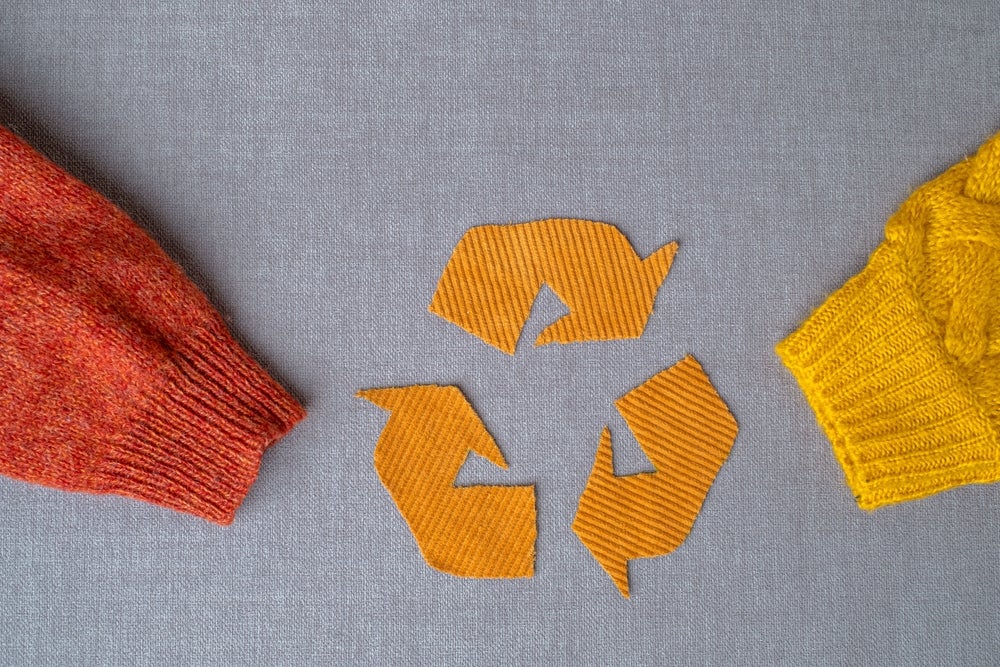The “Endurance running footwear: innovation and advanced technology gather pace as brands compete for the top spot” report by Textiles Intelligence found that shoes developed with advanced footwear technology, often described as "super shoes," offer unprecedented performance improvements in endurance running, making it superior to all other styles.
According to Textiles Intelligence, these advancements have prompted World Athletics, the international governing body for athletics, to regulate key design features to prevent unfair assistance or advantages to athletes. For example, World Athletics now mandates that the stack height of the midsole foam in high-level endurance running shoes must not exceed 40 mm.
Jon Ridgeon, chief executive officer (CEO) of World Athletics, explained that these enforcements aim to "support innovation on the one hand and ensure that innovation does not create unfairness on the other."
Textiles Intelligence notes that in performance-enhancing footwear, the stack height is critical because a larger stack height offers greater shock absorption and improved foot protection.
The report also highlights the carbon fibre plate and the midsole foam as essential components that set advanced footwear technology apart from conventional running footwear. These elements are expected to be a major subject of ongoing research and development, as brands seek to compete with market leader Nike, which pioneered this technology.
However, brands will have to grapple with regulations enforced by World Athletics while also addressing other challenges, such as high retail prices of performance-enhancing footwear. While many running enthusiasts are willing to pay these prices, other consumers see it as a barrier to accessing the latest performance-enhancing running gear.
Textiles Intelligence warns that in continuing to charge high prices, footwear brands run the risk of being described as "elitist" and perpetuating an idea that running tends to be a "rich person’s pursuit."
Additionally, there is growing pressure on performance footwear brands to improve the environmental sustainability of their products. Some brands are exploring novel bio-based and recycled materials to address these concerns.
Textiles Intelligence emphasised that these efforts will need to be accelerated at pace, given that sustainable product legislation is set to be introduced in Europe and the USA which will regulate the design, durability and recyclability of textiles, clothing and footwear.















